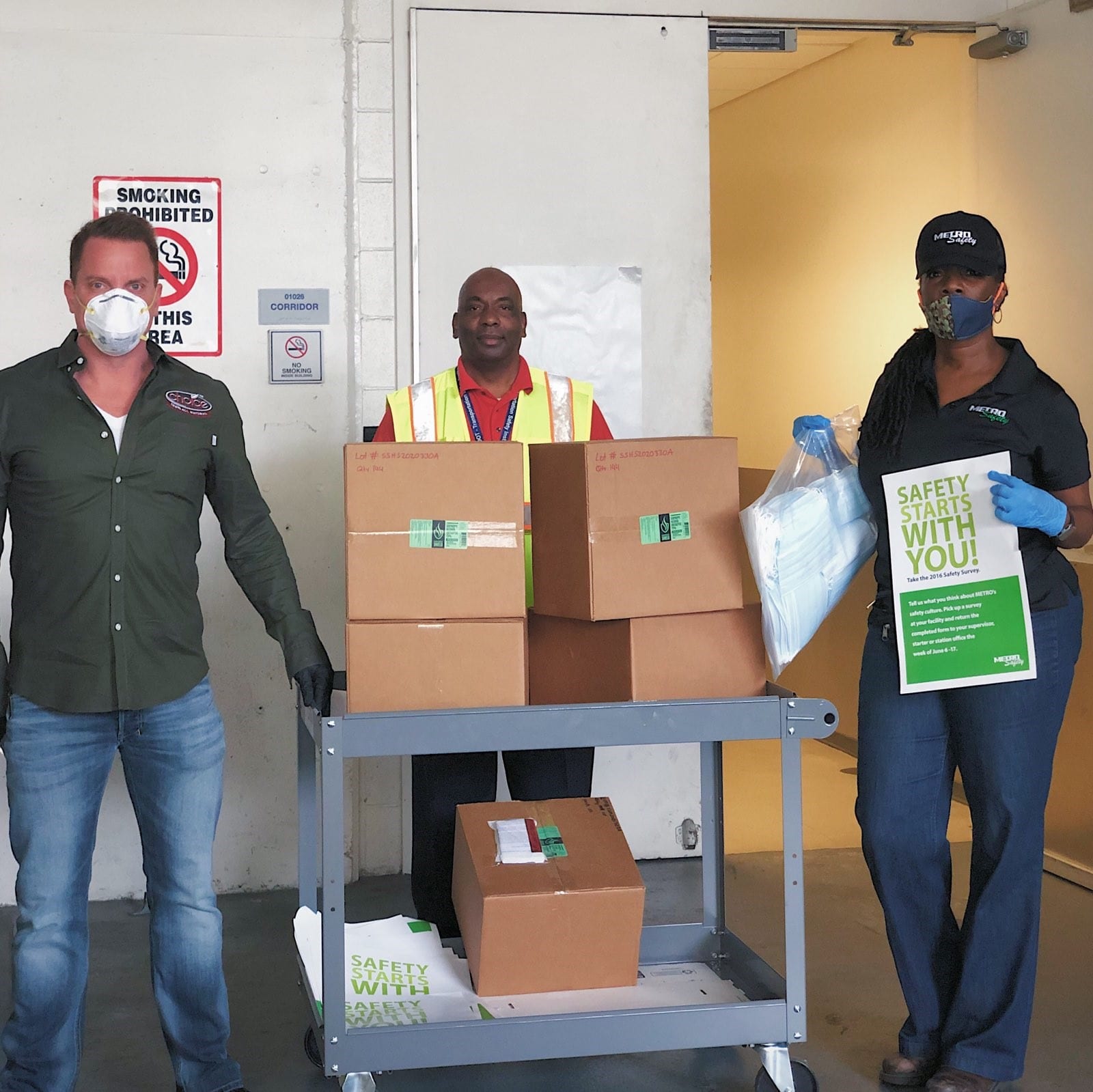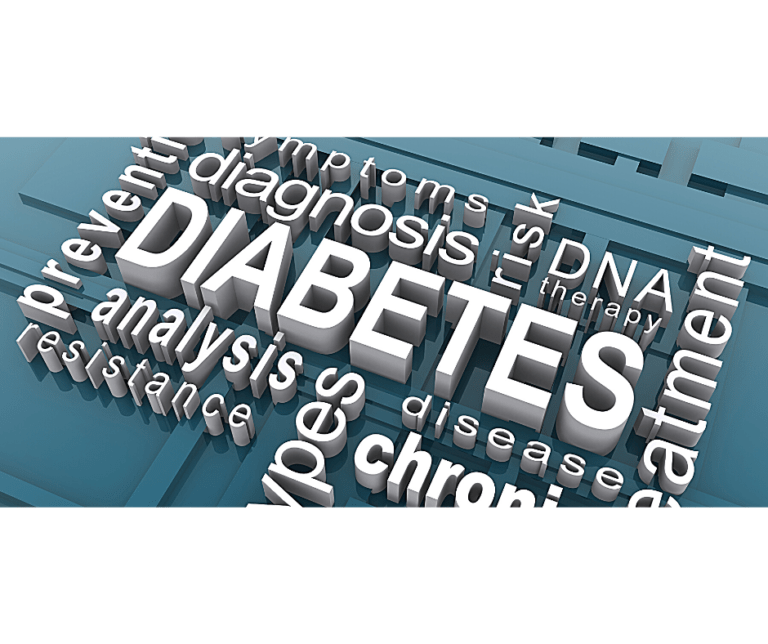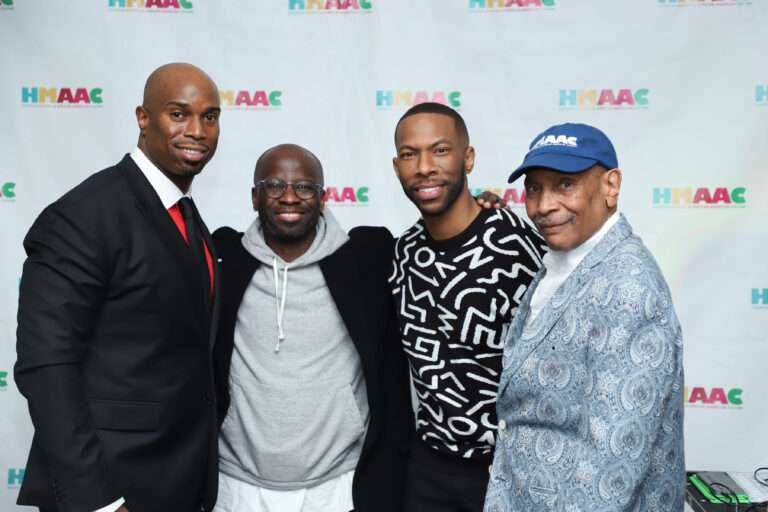African Americans are about two times more likely to have Alzheimer’s disease than the non-Hispanic white population. There’s a disproportionate occurrence of Alzheimer’s disease and other dementias within the Black community.
Patricia, the founder of PBAILEY ENTERPRISES/dba The PBailey Group and iCare Products Solutions, is renowned for her expertise as a strategic marketing and sales consultant, Caregiver Coach, and Wealth Builder. She operates as a business strategist, brand innovator, and channel master, specializing in assisting multicultural brands in expanding their reach and targeting the 8.2 trillion-dollar 50+ consumer market.
Her focus lies particularly in the areas of caregiving, Alzheimer’s, and aging. She also lends her support to corporate partners by implementing caregiver support programs such as Finding New Tomorrows©™, She Ages Well® and Advance Comfort®. These programs involve engaging communities of color through various means, including ministries, civic groups, community organizations, experiential activations, and partnerships with barber shops, salons, and beauty supply stores. Currently, Patricia’s company, PBAILEY ENTERPRISES, serves as the agency of record for the University of North Texas Health Science at Fort Worth Institute for Translational Research and the pioneering Black Alzheimer’s Brain Study.
In this capacity, PBAILEY ENTERPRISES is responsible for raising awareness within the Black/African American community regarding the impact of Alzheimer’s and the available research study.
What are some factors that contribute to the onset of the disease?
We understand through the National Institute of Aging, that vascular disorders such as diabetes, high blood pressure, sleep disorders, menopause, stress, environment, and genetics may all contribute to developing Alzheimer’s.
Based on your research, how can we take better care of our mental and brain health for those aged 30 and up?
- Mental health awareness first begins with self-awareness. Knowing when you are slightly different is important to know and understand when to seek support from a mental health specialist.
- Having a mental health preparedness plan is also a key proponent in the healthy mindset area. Identify mental health professionals’ coaches and therapists who will help when needed. Just as parents of newborns begin planning for Pre-K at birth if not sooner, you should plan that there will be a mental health issue in and or around your and your family’s life. We should begin to anticipate there will be times in our lives when we need someone to talk to.
- Knowing your JOY is everything. Understanding when to activate your happy space can help mitigate stress that can lead to mental health concerns.
- Maintaining a good brain health lifestyle, by monitoring your health numbers, is important. Think a healthy heart leads to a healthy brain, inclusive of a healthy diet, good exercise, and great sleep.
With your working collaboration with the University of North Texas Health Science Center at Fort Worth, the original study was known as the Black Alzheimer’s Brain Study. What is the story behind the name change to Healthy & Aging Brain Study? Are people of color no longer centralized for the testing?
The Health and Aging Brain Study – Health Disparities is the actual research study name. Black ALZ Brain Study was the name of the initiative associated with the Health and Aging Brain Study – Health Disparities. We still do credible and intensive outreach and advertising to DFW Black consumers, but now we reach 30-89 years old – helping to educate on the conditions of Alzheimer’s for the Blacks/African Americans and the Hispanic community. We also promote and feature where the community can get credible resources.
Tell us more about the study and how it can help people in this progressive era of technology.
It is available for participation in the DFW area only. The research study information can be sourced at www.habshd.com You can click on the link referencing ‘Formerly known as the Black ALZ Brain Study’ for additional information. This is a longitudinal research study by an experienced team of experts which includes a memory checkup along with an MRI, plus a PET scan. It helps an individual know that they have the power to help change the future of Alzheimer’s disease. The Health and Aging Brain Study – Health Disparities is FREE. Insurance information is not required. You can earn compensation for your time.
What opportunities are there to help men and their families deal with Alzheimer’s?
The greatest opportunity for men and their families is to become educated on Alzheimer’s and caregiving; know the stages of Alzheimer’s and phases of Caregiving (financially, emotionally, and legally)
- Unify as one body and create a plan for those currently aging over forty-five and yourself. Know your financial status as it relates to access to services. Execute legal documents. Know the essential daily living aid needs required for care across nutrition, clothing, sleep, medical intervention, and more.
- Learn about Alzheimer’s. It is a progressive brain disorder that will severely impact his family – causing him to miss time at work.
- Alzheimer’s creates a significant financial burden on men and their families.
- Caregiving includes understanding legal parameters: Power of Attorney, Todd, Will, and Trust.
- Through the National Institute on Aging, credible learning guides are available.
- Also, there are coaching services available when emailing pat@care-givercoach.com, or phone 877-33-COACH (2-6224). This includes a free resource guide applicable to 49 cities across the U.S. where dominant aging populations reside.
- Aging is local. Become financially aware of the family financial audit. Understand that in-home care can vary from $1,600 per month for approximately 27 hours per week of care to upwards of $2,000. Depending upon the state, residential care and assisted living can cost anywhere from $4,000 per month to upwards of $10,000 per month.
Alzheimer’s can be emotionally and financially draining for families. Are there programs or other maneuvers that help to supplement costs and potential stressors?
Aging is local. Resources available in some states, like Texas, will help an individual in a family be compensated for caregiving by as much as $15.00 per hour. There is a process in place to address qualifying via the Health and Human Services Department.
Depending upon financial eligibility, through the Health and Human Services Department, there are some in-home services available. Typically, 2-3 hours per week. If a veteran, there is a program for caregiver support both in-home care along a financial stipend. Through your insurance, other programs may include respite care. Locally there is also Meals on Wheels for qualifying seniors. Your employer, with help from EAP, may also have programs where you can use a pre-tax FSA account to save money for use with medications and or caregiving. Check to see what your employer’s FSA provides. Also, investigate HSA accounts that offer medical savings opportunities and tax benefits.
Many programs are based on financial eligibility and/or insurance such as long-term care insurance and health insurance. Annually, be aware of early enrollment plans for parents 65 and older and investigate the best plan that is considerate of their health condition including neurologists and home health care programs. Secure a free resource guide with many of these parameters listed and links to the various support institutions at pat@care-givercoach.com.
What are some resources of value that can help families being introduced to their loved ones showing early signs of the disease?
With a diagnosis of Alzheimer’s everyone can seek immediate help from their local chapter of the Alzheimer’s Association. They have credible resources and caregiver support groups that may prove helpful. For caregiver support information and understanding on being prepared, remember a diagnosis of Alzheimer’s for the individual is a diagnosis of caregiving for the family. Be prepared for both Alzheimer’s and caregiving as they are inextricably interwoven.
How do we engage community interest in Houston or any other major metropolis?
In 2010, the first program I ever launched was called “Suffering in Silence,” in collaboration with the local Alzheimer’s Association chapters and a mega church in Dallas. That formula of engagement works today.
Everyone reading this article should ask for help from their ministry, civic group, social group, employers, and family members, and hold an Alzheimer’s caregiver awareness seminar this year:
- This process should take place at least once a year. Programs change and need to be updated.
- Discussion should begin when you are in your 30’s, as Alzheimer’s is prevalent in the body 10-20 years before it presents itself.
- Presently we have helped craft custom events for over twenty corporations and institutions this year.
Detail any other pertinent information that will be helpful to our readers.
“In the US you are either going to be a caregiver or cared for,” says Caregiver Coach Pat Bailey.
Understanding the prevalence of aging will help bring clarity to creating a Family Caregiver Health and Wellness Plan. Nationwide, an estimated $81B captures family out-of-pocket expenses. But dollars don’t represent the toll on caregivers. For the estimated 11 million caregivers caring for the elderly, every day can feel like a year in the life of a forever caregiver. As Caregiver Coach PAT Bailey for Finding New Tomorrow’s, we recognize the importance of elder care familial needs and we are foundationally supported by a key operating tenet, Ephesians 6:2-3, where the world of caregiving is lovingly sustainable for God’s families. This scripture speaks to our upholding the first commandment with a promise of a long life when we honor our parents.












